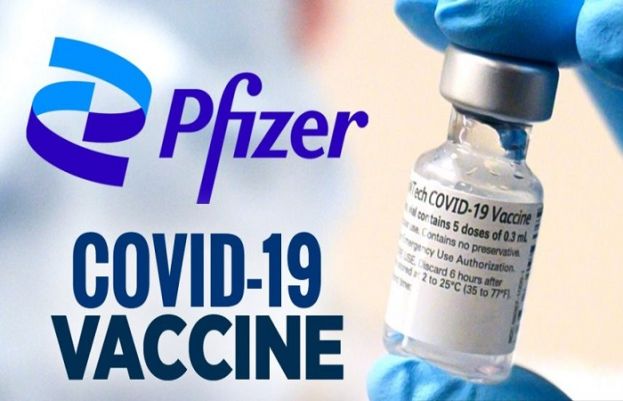
Sixteen children in the trial who had received a placebo got COVID-19, compared with 3 who were vaccinated, Pfizer said in briefing documents submitted to the U.S. Food and Drug Administration.
Because more than twice as many children in the 2,268-participant trial were given the vaccine than placebo, that equates to better than 90% efficacy.
Pfizer’s clinical trial in those 5 to 11 years old was not primarily designed to measure efficacy against the virus. Instead, it compared the amount of neutralizing antibodies induced by the vaccine in the children to the response of older recipients in their adult trial.
Based on those results, Pfizer and BioNTech said last month that their COVID-19 vaccine induced a robust immune response in the children.
The 5 to 11 year olds were given two shots of a 10-microgram dose of the vaccine, a third of the dose size given to people 12 and older.
Outside advisors to the FDA are scheduled to meet on Tuesday to vote on whether to recommend that the agency authorize the vaccine for that age group. The FDA’s staff is expected to publish their review of the evidence submitted by Pfizer later on Friday.
Pfizer also said on Friday that it had expanded its clinical trial to improve its safety data, more than doubling the number of children enrolled.
According to the briefing documents, the adverse event profile in the expanded group of kids did not suggest any new safety concerns from the vaccine. The company had said previously that the safety profile in the age group was generally comparable to 16 to 25 year olds.
The second cohort of children have been observed for a shorter time. All of them had received their second dose and more than 70% were more than two weeks post dose two.
Both the Pfizer/BioNTech and Moderna Inc vaccines have been linked to rare cases of heart inflammation called myocarditis, especially in young men.
Pfizer suggested that the rate of myocarditis in the age group was likely to be lower than observed in vaccinated 12 to 15 year olds. It also estimated that the number of COVID-related hospitalizations prevented by vaccination was many times the number of potential cases of myocarditis.
The Pfizer/BioNTech vaccine already has U.S. regulatory authorization for people who are at least 12 years old, including full FDA approval in August for those 16 and up.
Around 190 million people in the United States are fully vaccinated, including more than 11 million who are 12 to 17 years old that have received the Pfizer vaccine.
If the FDA authorizes the vaccine for children 5 to 11 years old, a group of advisors to the U.S. Centers for Disease Control and Prevention will meet on Nov. 2 and 3 to make recommendations to the agency on how the shots should be administered. Most states wait for the CDC to sign off on recommendations for vaccines before they begin administering shots.
No comments:
Post a Comment